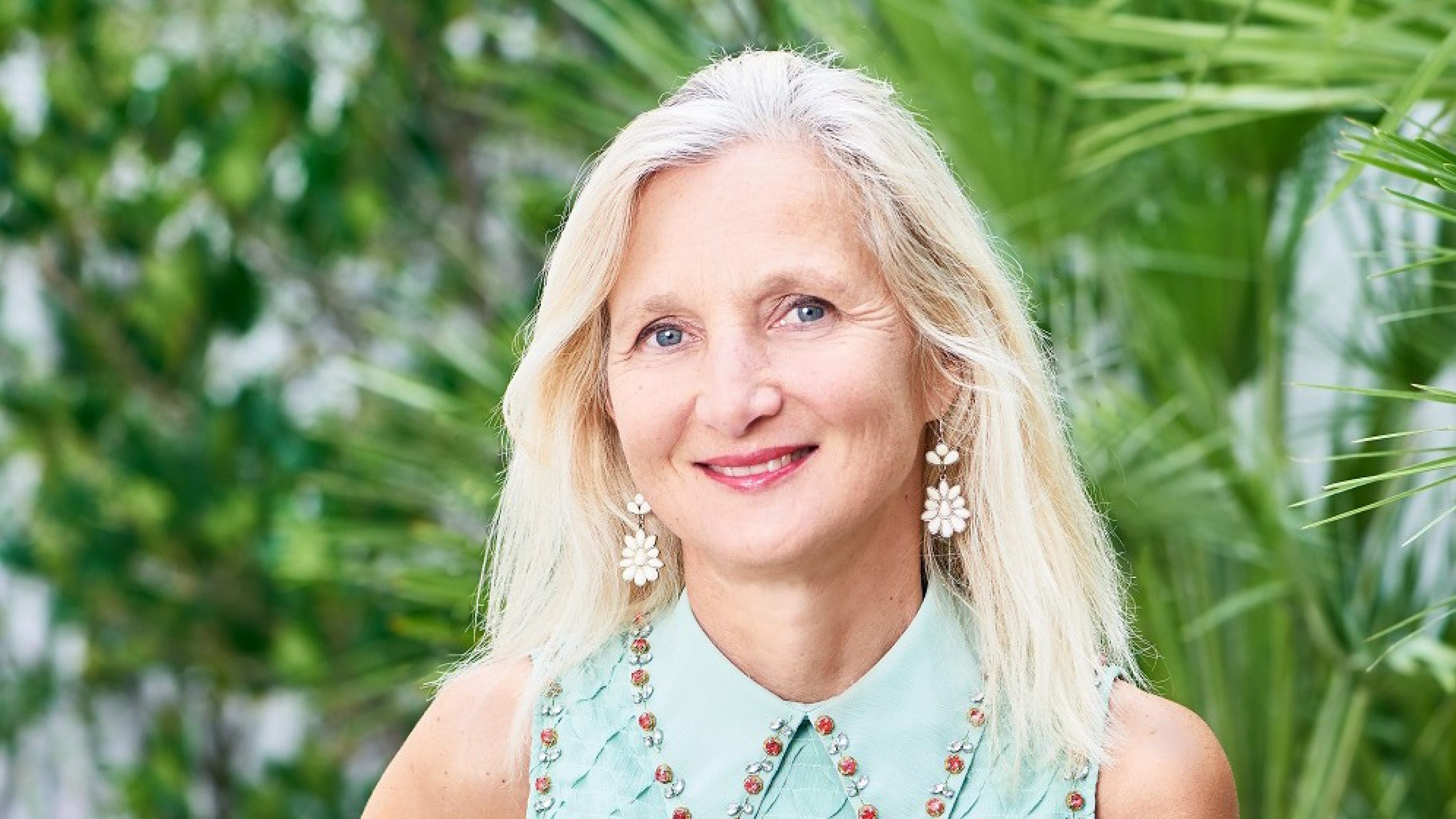Nowhere is the birth rate in Europe higher than in France. What other countries can learn from the French model.
For many years, women in France have had the highest birth rate in Europe. According to the European statistical office Eurostat, French women had on average 1.92 children in 2016. It led all other countries, as the following chart shows.
There are many reasons for the high birth rate. In France, having children is viewed not only as a private matter, but also as a social duty. For this reason, the country spends about four percent of GDP on family-specific social insurance measures – one of the highest rates in the world.
The “French exception”
While there is much discussion about the effects of family policy measures on the birth rate, most demographers agree that family policy plays an important role in the birth trend. Demographers around the world talk about the “French exception”: the first modern society that does not discourage women from having children, but instead encourages them to do so with a constantly evolving family policy. France is the country where families have the most children even though mothers maintain their careers. With its high rate of employment among women, especially young mothers, the country is exemplary in Europe.
Depending on their individual situation and income, families are eligible for more than 20 family benefits. For example, all families with at least two children receive child benefits. Since 2015, the amount of the benefit has been based on income. There are also other maintenance payments as well as allowances to help pay for the care of children and shared childcare allowances that enable one or both parents to take time off from work or to reduce their level of employment.
Nationwide care facilities
The country’s comprehensive offerings also include nationwide full-day care facilities for all children. This means that children and young people receive full-day care until they graduate from secondary school. Kindergarten (called “école maternelle” in French) offers free full-day care to children as young as two to three years, allowing parents to focus on training, work or the search for a job. In addition, hundreds of thousands of government-recognised and fairly paid childminders also provide full-day care for children. Parents receive a childcare allowance to help pay the costs and most care costs can be claimed as a tax deduction.
Independent old-age provision
However, government support is not the sole reason France, the country with the largest population in Europe after Germany, has a higher birth rate than other European countries. Under the French family-policy model, women can also return to work a few months after giving birth – and not, as is common in most other countries, primarily on a part-time basis, but rather for typically full-time. Combined with the statutory minimum wage, this means that more women than in many other EU countries earn an income that allows them to survive on their own and thus ensures independent old-age provision.
And at 15.2 percent, the gender-specific wage differences are lower in France than they are, for example, in Germany (21.5%) or Switzerland (17%). In addition, more women are in management positions (43%) than the European average (25%).
Socially accepted
For economist Angela Greulich, the main reason for the high birth rate is the fact that women are less often forced to choose between family and career. According to Greulich, who teaches at Panthéon-Sorbonne University, the French state deals with the issue of equal treatment holistically rather than viewing the needs of families and women in isolation through the lens of family policy. “In France, employment among mothers is promoted systematically”, writes Greulich, who researches issues related to women in the labour market, the compatibility of family and work, and equality, in a study. “There is a uniform overall concept across various policy areas, such as the labour market and social policy, education policy and financial support for families.” A progressive family policy alone is not enough, Greulich continues: an active policy for women in every life situation is also required.
In France, there is no moralising about whether mothers should work or even have a career. “There is no debate about whether children are harmed if they are not cared for by their own mothers”, says German journalist Annika Joeres, who lives in France and is the author of “Vive la famille: What we can learn from the French about family happiness”. No wonder the French don’t have a word like the German “Rabenmutter”, referring to the raven, which apparently abandons its nest.
Interview with

Pierre Francois
CEO of Health, Disability and P&C Activities at Swiss Life France
How can a young family save and provide for retirement?
Three tips from Pierre François, CEO of Health, Disability and P&C Activities at Swiss Life France
When a family has a child, what is the main thing they should consider in terms of insurance?
Avant toute chose, la famille doit déclarer la naissance à la caisse maladie afin que l’enfant puisse y être admis.
Is there anything in particular that must be noted?
It is important for the policy to cover the child’s specific health problems, e.g. orthodontics. And concluding an insurance policy in the event of death and disability, which protects children against financial hardship, is also becoming increasingly important. In this connection, parents should make sure that the lump-sum and pension benefits are sufficient. I recommend policies that include education insurance.
What changes should a young family make to its saving habits?
The birth of a child is the right time to conclude a life insurance policy and for setting aside money on a regular basis. Children’s education is expensive, especially when financing studies which are now taking ever longer to complete. For those who had a life insurance policy before the birth of their child, they must consider reviewing the beneficiary clause and, if necessary, modifying it.
Series: Exemplary France
France has Europe’s highest birth rate and the most women in leadership positions. In a series of articles we detail how France has managed this and what other countries can learn from it.



